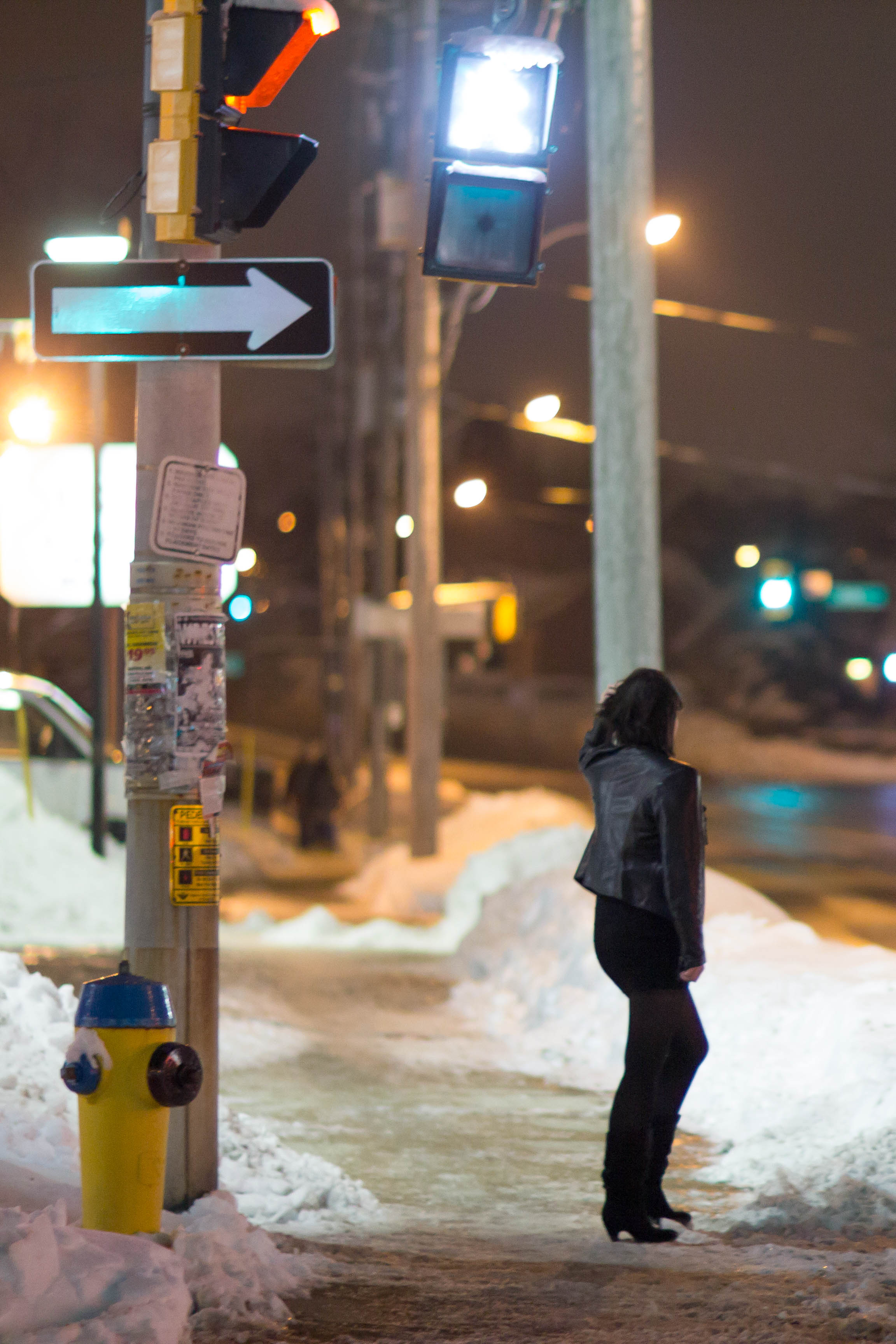Lured, exploited and sold


A recent Kitchener arrest linked to the alleged human trafficking of an 18-year-old woman has elicited discussion across Waterloo Region about just how prevalent this issue is locally.
Two men, Shakib Gharibzada, 24, and Masood Hejran, 25, were arrested at a Kitchener hotel last Wednesday and have since been charged with human trafficking, receiving material benefit, procuring, sexual assault, using an imitation firearm and breach of probation.
Charges for human trafficking were also laid for a case in December, in which a 17-year-old girl was found to be working as an escort at a Cambridge hotel.
Though there are not many cases that have been reported to the Waterloo Regional Police, human trafficking remains an issue in the area.
According to the Sexual Assault Support Centre of Waterloo Region (SASC), victims of human trafficking are often targeted without their knowledge and forced into dire circumstances beyond their control.
“What we often see are women who were in a situation in their lives of being groomed and exploited sexually,” explained Sara Casselman, public relations and operations manager at SASC.
Sex traffickers typically target young, vulnerable women who have limited avenues of redress. The victim is often led to believe she is in a romantic relationship with the trafficker.
“Trafficking is very, very hard to actually look at in terms of statistics,” said Casselman. “Across Canada there have been less than a hundred cases and convictions. Where the legal definition meets the reality is where there is a lot of conversation to be had.”
Casselman explained that victims of sex trafficking are typically targeted by their trafficker.
“A lot of the young women who are targeted are women who have a history of being abused in their home, be it physically or sexually, a lot of young Indigenous women across Canada or young women who have experienced fetal alcohol syndrome,” she said.
Casselman also emphasized the distinction between those who are working in the commercial sex industry and those who are victims of sex trafficking.
“Sex workers are the ones who are primarily benefiting from the income generated by their services and at any point that they choose not to be doing those services, they have that option. When you’re looking at trafficking, the trafficker is the one benefiting,” she explained. “The trafficker is the one who is determining when and where and how someone will be offering sexual services. The difference is choice versus coercion or force.”
Locally, Waterloo Regional Police Service works with Kitchener-based RMCP to investigate alleged incidences of human trafficking. The two parties worked in conjunction on Jan. 22 and 23 in an effort that led to the arrests of Gharibzada and Herjan.
Investigators are also able to rely on a broader network – Operation Northern Spotlight. This national initiative, involving 26 police services across the country, involved interviews with more than 330 women and helped to uncover information about human sex trafficking in Canada.
Jacqui Linder is the founder of the Chrysalis Anti-Human Trafficking Network, the only network of its kind that provides support services to victims of human trafficking in North America. Linder, a psychologist, spoke with The Cord and explained the community’s involvement in sex trafficking cases.
She does not think that there are enough resources available to aid victims of human trafficking.
“I think the community is marginalized,” said Linder. “The problem is that in our culture, the minute that there is any kind of association with the commercial sex industry, you become a non-person.”
“Non-persons don’t get money directed to them, they don’t get funding and they don’t get resources.”
Casselman shared similar sentiments. While the Sexual Support Centre of Waterloo Region provides support for victims of sexual assault, it cannot necessarily address the unique experiences of individuals who have been trafficked.
“Often survivors of trafficking think, ‘I could have left if I wanted to or I could have made different choices that didn’t lead me here in my life’. But the reality is, is that traffickers really do target young women who are especially vulnerable, with few support, few avenues of redress.”
“Trafficking really does have a devastating impact on the emotional, psychological, mental and spiritual well-being of victims,” Casselman continued. “A lot of folks that have been trafficked really struggle with elevated levels of guilt and shame and certainly that’s an issue with all survivors.”

